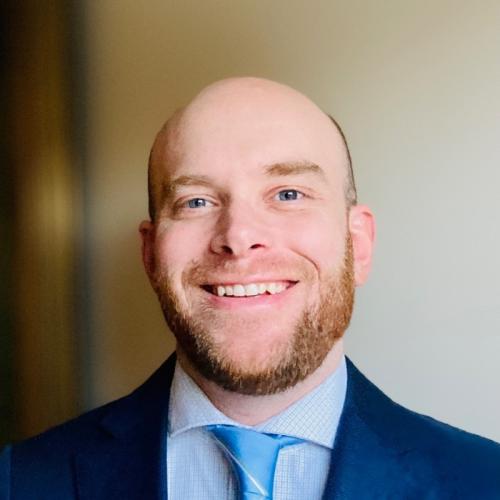Deep Origin

Toby Sayre
Toby Sayre is a commercial leader with a background in life sciences and biotechnology consulting, business development, and product strategy. He holds master’s degrees in Cell and Molecular Biology and Biochemistry from San Francisco State University and UCLA. His work bridges bioinformatics, real-world data, and AI-driven software, integrating technical and commercial expertise to advance innovation in the life sciences.

Dan Sheikh
Dan Sheikh is a technology strategist and AI innovator specializing in applying artificial intelligence and data science in regulated industries. With advanced degrees from University College London and the UCLA Anderson School of Management, he bridges deep technical expertise with strategic insight to design AI solutions that are powerful, compliant, and scalable. His work focuses on driving responsible digital transformation that aligns innovation with operational value and regulatory integrity.
